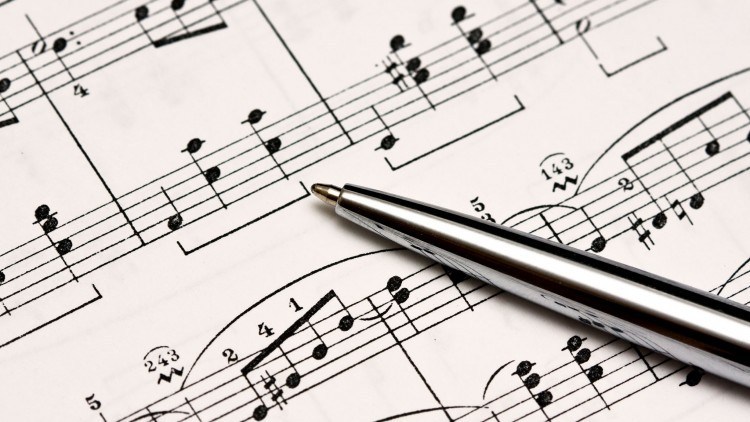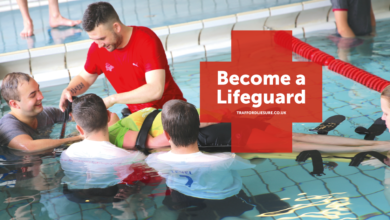The Music Theory exam contains 100 questions with 66 as the passing score, and the ever-changing rules in music make it complex. Whether you want to enroll in advanced music programs or put your talent to work so you can teach piano or guitar lessons to beginners, here are some tips to get a high score:
Do a mock test
By doing lots of practice before the actual exam, you can increase your chances of passing. Basically, it’s just like taking an informal test. Through this, you can familiarize yourself with the possible questions. Try compiling your short quizzes to create a set of exams or getting ideas on the Internet. Every information is already available on the World Wide Web, and you might find some valuable questions.
Study the grade 1 performance terms
According to those who have taken and passed the exam, even the grade-1 terminologies come up, so it is best to remember them. They include adagio, allegro, dal segno, rallentando, and decrescendo. Download a compilation, then post them on your wall so that you can remember them more easily.
Don’t cram
Avoid studying the night before. That will leave you feeling drained and exhausted. If you’re juggling multiple tasks at a time, learn how to manage your schedule. During your study, keep distractions such as YouTube videos, online games, and unimportant messages at bay.
Have a good breakfast
Food fuels your mind, allowing you to concentrate on your exam. It’s no wonder students who eat breakfast do better in academic performances. So before your big day, have breakfast first to focus on answering the questions, not on your hunger.
Bring the right supplies
This is pretty straightforward; you need the right things to take the exam, such as a pencil, an eraser, and a sharpener. When you are tense, it is easy to forget even the small things. And without essential tools, it will be such an inconvenience. You don’t want to bother the other students if your pencil breaks, worse buy a new one outside. It’s better to come prepared, so put them in your bag the night before the exam.
Try to get comfortable
Getting nervous during the major exam is normal, but it is also important not to stress yourself. As long as you do your homework, you’ll be fine. Arrive an hour or 30 minutes before the exam starts. This gives you time to relax and settle down.
Chew a gum
Serge Onyper, a Psychology Professor at St. Lawrence University, says that chewing gum 5 minutes before the exam boosts cognitive functions. The experiment they conducted showed that the participants who chewed gum did better on the exam than those who did not. But it’s not advisable to do it during the test as it can serve as a distraction.
Bring spare papers
During the exam, you will be given a questionnaire and manuscript where you can write down notes. Bring extra sheets with you to do sketches, allowing you to visualize the notes better, particularly when dealing with key signatures.
Keep the exam paper neat
Having too many erasures on the paper prevents the examiner from reading your answers clearly, and they might mark it incorrect. So remember to keep the exam paper tidy. If you make a mistake, strike through it, then write down your answer below it.
Do not get stuck
Avoid racking your brain on a single question. Move on. You can always go back to it later. Tackle the ones you are sure of first. Once you are done answering all the questions, you can then work on the ones you leave blank.
Read the questions carefully
Though you only have an hour to finish the exam, you don’t want to waste time on the questions you get wrong, so read them carefully. The worst thing you want to happen is spending 20 minutes transposing a music composition down a major 3rd only to realize that it’s actually up a major 3rd.
Check your answers
Don’t be in such a hurry to submit the exam paper to the examiner. Double-check your answers first, and you might discover a mistake you might have missed. Sometimes rechecking your paper can make such a huge difference.
The least you want to do is to retake the exam. As much as possible, you want to make it the first time. By preparing yourself and studying your lessons, you sure can do it!





